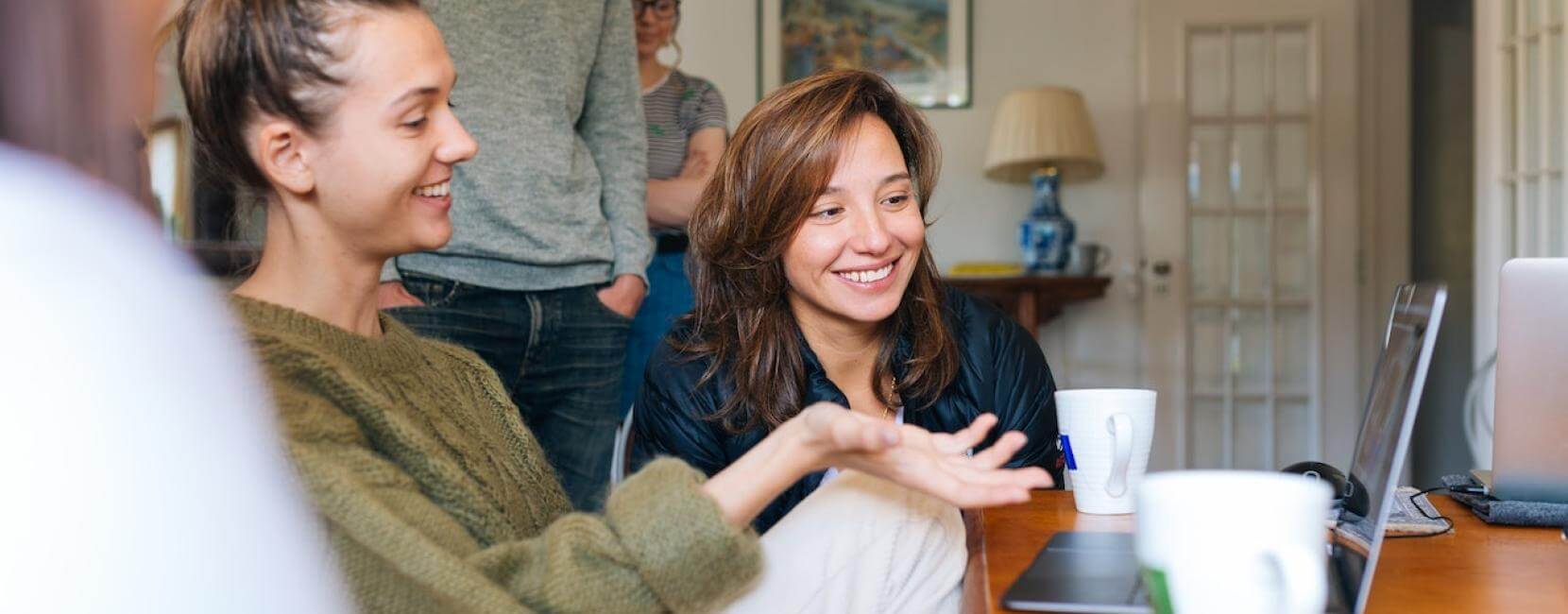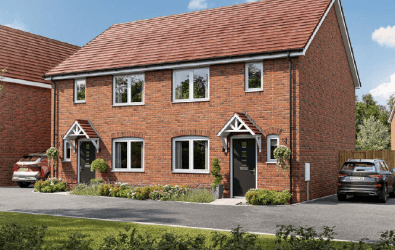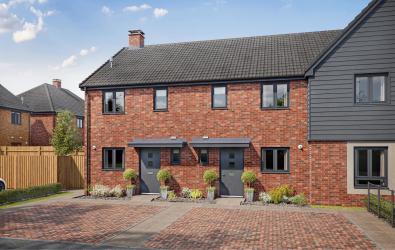
Saving for a House Deposit
Saving for a house deposit can often seem like the hardest part of buying a home and is usually the main focus for many people. Your home deposit is vital for gaining a mortgage and represents the initial lump sum that you’ll pay towards the overall property purchase.
While having a large deposit provides you with the best chances of getting a good mortgage deal with a low-interest rate, there are plenty of options for people that have lower deposits and want to get on the property ladder.
How much do I need for a house deposit?
The average UK house price at the time of writing is around £286,000, which is £6,000 more than it was this time last year. This may seem like a huge jump but it’s not as far out of reach as you may think, especially when we consider that the average age of a first-time buyer in the UK is also now 34.
While it can seem like a daunting task, remember that the more you pay on your mortgage deposit, the less you’ll pay overall. There are several factors that go into how much you need to save and they are:
- How much do you want to borrow?
- How much is it to buy the property?
- What percentage deposit do you need?
An example of this is: If a property is £200,000, a 10% deposit for a mortgage is going to be £20,000.
When looking at much you need to save for a deposit, bare in mind that the larger your upfront deposit, the lower your monthly mortgage payments will be. The percentages required tend to go up and down in multiples of 5 but ultimately, the more you save initially the better you’ll be in the long-term.
Obviously, the higher the house price, the larger the deposit you’ll need. With this in mind, it’s a good idea to set a maximum budget that you can go to and remember, there will be extra fees such as legal fees so budget for those alongside your deposit.
If you're buying through one of the affordable homeownership schemes listed below, remember that how much you need for a deposit may change significantly:
How to save for a house deposit
When you’re considering building a deposit, there’s never a bad time to start saving. Below you can find some tips on how to save money, reduce your regular spending and how to save for a house deposit:
Look at your debt payments:
Before you think about buying a house, look at any outstanding debts you have and get these cleared up before you buy your first home. It’s a good idea to use any current savings to pay off these debts and then start fresh.
Open a savings account:
If you open a separate saving account with a decent interest rate or a lifetime ISA (where the government may provide a 25% bonus based on what you put in), you can start to build up regular savings. On a more practical level, set up a direct debit of a set amount that goes into your savings when you get paid. This way, you’ll never forget to do it and can budget as if it doesn’t exist.
Budget effectively:
If you look at your everyday spending and set budgets, you’re more likely to lower your monthly expenditure. If you eat out at restaurants or order takeaways regularly, set a monetary limit on how much you can use for these reasons and put that in a separate pot. Bank accounts such as Monzo have pots you can set up for this purpose, with real-time tracking and forecasting to see how much you’re likely to save.
Find an extra income stream:
Whether you’re picking up extra shifts at work or finding a way of monetising a hobby, having extra streams of income make saving for a house deposit much easier. If you’re quite creative, you may be able to find a great way of making money from avenues such as arts and crafts and adding this to your savings regularly.
Utilise money-saving sites:
There are a range of money-saving sites out there that can help you regularly top up your savings. Students often have discounts and money-saving vouchers that continue after you’ve left university which can help them start to build the foundations of a deposit.
Manage your savings account:
Remember to always review your savings account each year to check you’re receiving the best interest rate. If you’ve opened a Lifetime ISA, make the most of the £4,000 allowance before the tax year ends and you’ll receive the maximum 25% bonus.
Consider affordable buying options:
If you’re buying through an affordable home scheme - particularly shared ownership - you can heavily impact how much deposit you need to pay. Since with a shared ownership property, you only pay a deposit on the share of the property you’re purchasing, you may find your deposit is drastically reduced and much more accessible.



